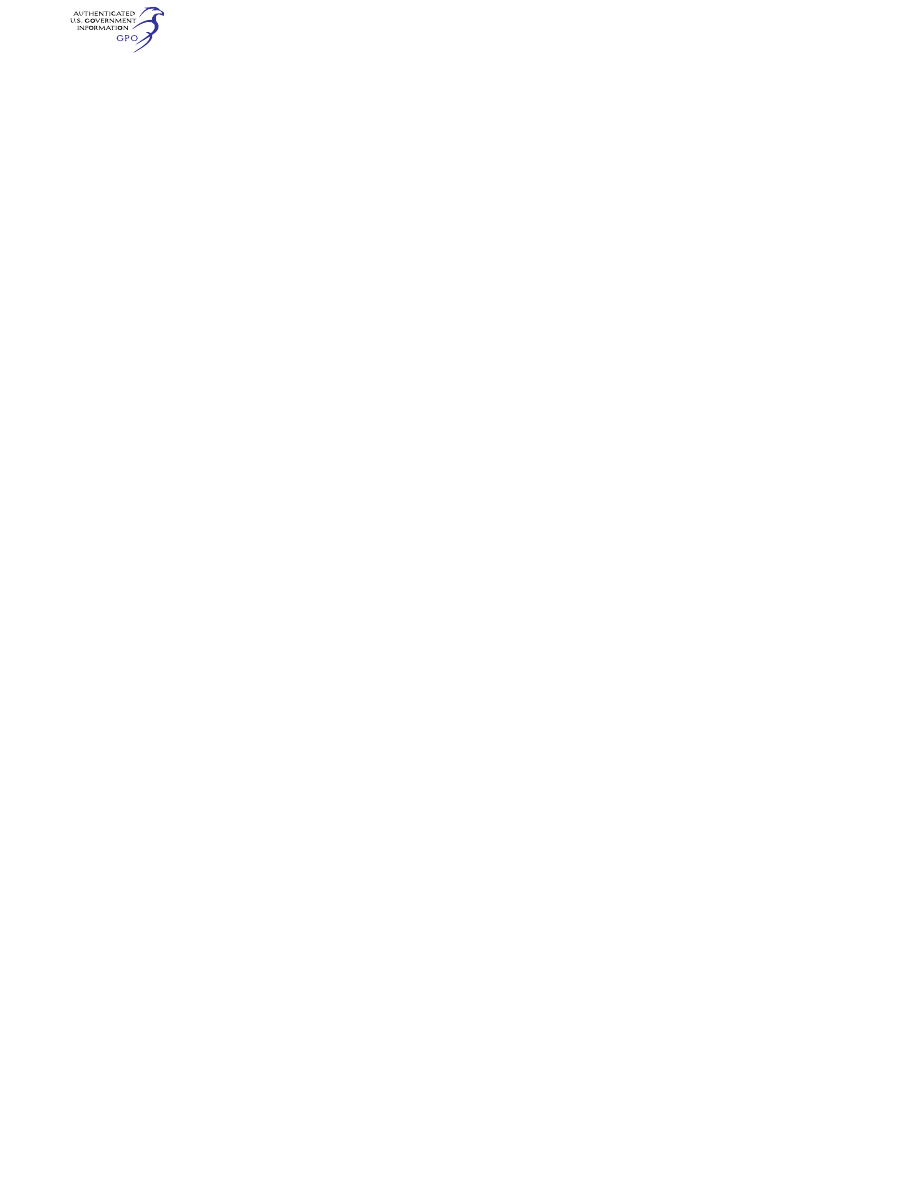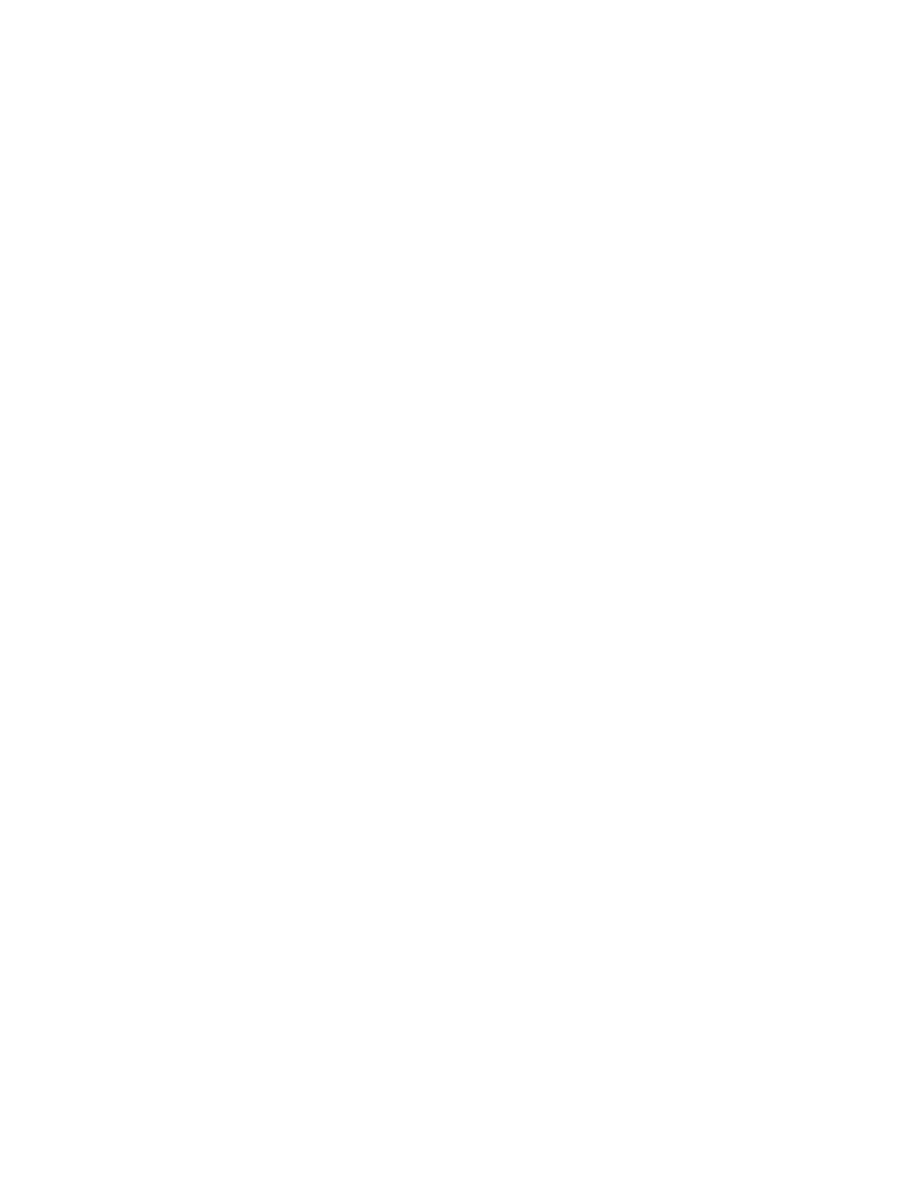
132
14 CFR Ch. I (1–1–24 Edition)
Pt. 21, SFAR No. 88
Subpart P—Special Federal Aviation
Regulations
21.700
SFAR No. 111—Lavatory oxygen sys-
tems.
A
UTHORITY
: 42 U.S.C. 7572; 49 U.S.C. 106(f),
106(g), 40105, 40113, 44701–44702, 44704, 44707,
44709, 44711, 44713, 44715, 45303.
E
DITORIAL
N
OTES
: 1. For miscellaneous
amendments to cross references in this 21 see
Amdt. 21–10, 31 FR 9211, July 6, 1966.
2. Nomenclature changes to part 21 appear
at 74 FR 53384, Oct. 16, 2009.
S
PECIAL
F
EDERAL
A
VIATION
R
EGULATION
N
O
. 88—F
UEL
T
ANK
S
YSTEM
F
AULT
T
OLERANCE
E
VALUATION
R
EQUIRE
-
MENTS
1.
Applicability. This SFAR applies to the
holders of type certificates, and supple-
mental type certificates that may affect the
airplane fuel tank system, for turbine-pow-
ered transport category airplanes, provided
the type certificate was issued after January
1, 1958, and the airplane has either a max-
imum type certificated passenger capacity of
30 or more, or a maximum type certificated
payload capacity of 7,500 pounds or more.
This SFAR also applies to applicants for
type certificates, amendments to a type cer-
tificate, and supplemental type certificates
affecting the fuel tank systems for those air-
planes identified above, if the application
was filed before June 6, 2001, the effective
date of this SFAR, and the certificate was
not issued before June 6, 2001.
2.
Compliance: Each type certificate holder,
and each supplemental type certificate hold-
er of a modification affecting the airplane
fuel tank system, must accomplish the fol-
lowing within the compliance times specified
in paragraph (e) of this section:
(a) Conduct a safety review of the airplane
fuel tank system to determine that the de-
sign meets the requirements of §§ 25.901 and
25.981(a) and (b) of this chapter. If the cur-
rent design does not meet these require-
ments, develop all design changes to the fuel
tank system that are necessary to meet
these requirements. The responsible Aircraft
Certification Service office for the affected
airplane may grant an extension of the 18-
month compliance time for development of
design changes if:
(1) The safety review is completed within
the compliance time;
(2) Necessary design changes are identified
within the compliance time; and
(3) Additional time can be justified, based
on the holder’s demonstrated aggressiveness
in performing the safety review, the com-
plexity of the necessary design changes, the
availability of interim actions to provide an
acceptable level of safety, and the resulting
level of safety.
(b) Develop all maintenance and inspection
instructions necessary to maintain the de-
sign features required to preclude the exist-
ence or development of an ignition source
within the fuel tank system of the airplane.
(c) Submit a report for approval to the re-
sponsible Aircraft Certification Service of-
fice for the affected airplane, that:
(1) Provides substantiation that the air-
plane fuel tank system design, including all
necessary design changes, meets the require-
ments of §§ 25.901 and 25.981(a) and (b) of this
chapter; and
(2) Contains all maintenance and inspec-
tion instructions necessary to maintain the
design features required to preclude the ex-
istence or development of an ignition source
within the fuel tank system throughout the
operational life of the airplane.
(d) The responsible Aircraft Certification
Service office for the affected airplane, may
approve a report submitted in accordance
with paragraph 2(c) if it determines that any
provisions of this SFAR not complied with
are compensated for by factors that provide
an equivalent level of safety.
(e) Each type certificate holder must com-
ply no later than December 6, 2002, or within
18 months after the issuance of a type cer-
tificate for which application was filed be-
fore June 6, 2001, whichever is later; and each
supplemental type certificate holder of a
modification affecting the airplane fuel tank
system must comply no later than June 6,
2003, or within 18 months after the issuance
of a supplemental type certificate for which
application was filed before June 6, 2001,
whichever is later.
[Doc. No. 1999–6411, 66 FR 23129, May 7, 2001,
as amended by Amdt. 21–82, 67 FR 57493, Sept.
10, 2002; 67 FR 70809, Nov. 26, 2002; Amdt. 21–
83, 67 FR 72833, Dec. 9, 2002; Doc. No. FAA–
2018–0119, Amdt. 21–101, 83 FR 9169, Mar. 5,
2018]
Subpart A—General
§ 21.1
Applicability and definitions.
(a) This part prescribes—
(1) Procedural requirements for
issuing and changing—
(i) Design approvals;
(ii) Production approvals;
(iii) Airworthiness certificates; and
(iv) Airworthiness approvals;
(2) Rules governing applicants for,
and holders of, any approval or certifi-
cate specified in paragraph (a)(1) of
this section; and
(3) Procedural requirements for the
approval of articles.
(b) For the purposes of this part—
VerDate Sep<11>2014
09:06 Jun 28, 2024
Jkt 262046
PO 00000
Frm 00142
Fmt 8010
Sfmt 8002
Y:\SGML\262046.XXX
262046
jspears on DSK121TN23PROD with CFR
